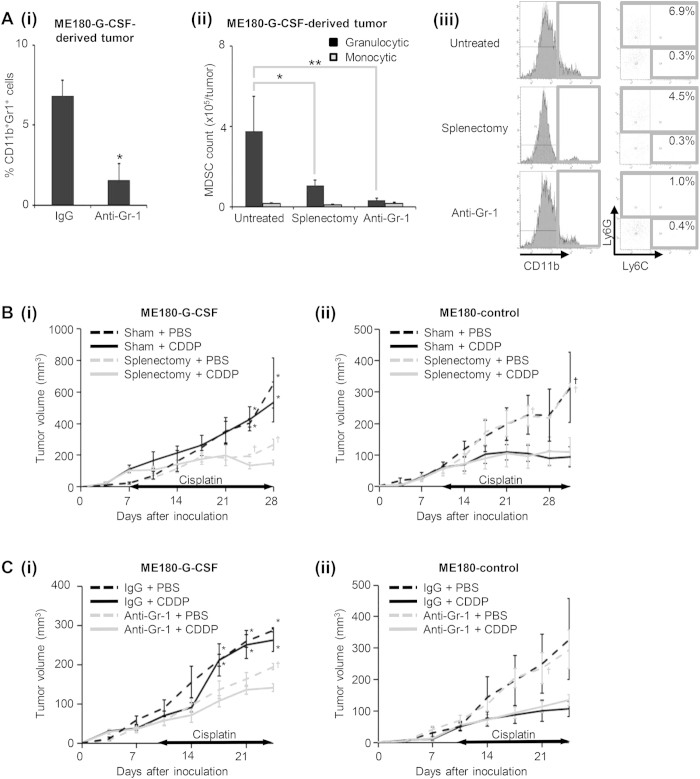Figure 5. MDSC depletion and cisplatin resistance.
(A) (i) The effects of anti-Gr-1 neutralizing antibody on MDSC accumulation in ME180-G-CSF-derived tumors. Mice that had been inoculated with ME180-G-CSF cells were treated with anti-Gr-1 neutralizing antibody (n = 6) or control IgG (n = 6) every 2 days. Three weeks after inoculation, the subcutaneous were collected for evaluation. Bars, SD. *P < 0.05, Two-sided Student t test. (ii–iii) The effects of splenectomy and anti-Gr-1-neutralizing antibody on MDSC subsets in ME180-G-CSF-derived tumor-bearing mice that had undergone splenectomy (n = 5), anti-Gr-1 antibody treatment (n = 5), or no treatment (n = 5). CD11b+ cells were gated and then re-plotted for their Ly6G and Ly6C expression to determine the frequencies of the granulocytic and monocytic MDSC subsets. (ii) Each MDSC subpopulation was counted by flow cytometry. Bars, SD. *P < 0.05, **P < 0.01, Wilcoxon rank sum test. (iii) Representative histograms and dot plots. The percentage of granulocytic and monocytic MDSC subsets is indicated. (B) Effects of spleen removal on the cisplatin-sensitivity of cervical cancer. Mice that had undergone splenectomy or sham surgery were inoculated with cervical cancer cells (n = 5 for each group) and treated with cisplatin or PBS. Growth curves of (i) ME180-G-CSF- and (ii) ME180-control-derived tumors. Bars, SD. *P < 0.05 for splenectomy vs sham group, †P < 0.05 for cisplatin vs PBS group, Wilcoxon rank sum test. (C) Effects of anti-Gr-1-neutralizing antibody on the cisplatin-sensitivity of cervical cancer. Mice carrying cervical cancer-derived tumors were treated with cisplatin or PBS in combination with anti-Gr-1-neutralizing antibody or IgG (n = 5 for each group). Growth curves of (i) ME180-G-CSF- and (ii) ME180-control-derived tumors. Bars, SD. *P < 0.05 for anti-Gr-1 vs IgG group, †P < 0.05 for cisplatin vs PBS group, Wilcoxon rank sum test.

